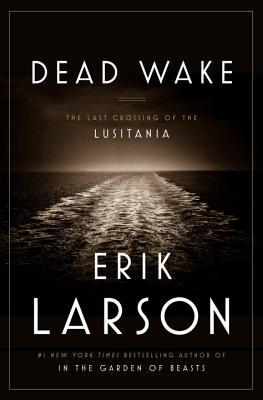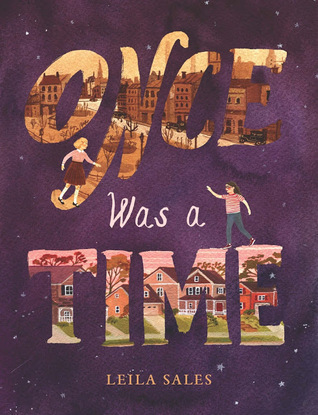 |
| Click to view on Goodreads |
After so many summers together, Emma, Jess, Megan, Becca, and Cassidy are reunited for one final hurrah before they go their separate ways. The plan is to spend their summer as counselors at Camp Lovejoy in a scenic, remote corner of New Hampshire, but things get off to a rocky start when their young charges are stricken with a severe case of homesickness. Hopefully, a little bit of bibliotherapy will do the trick, as the girls bring their longstanding book club to camp.
(336 pages)
I've been a long-time fan of Heather Vogel Frederick's Mother-Daughter Book Club series, ever since I read the first book ages ago. The cool thing about this series is that I've literally grown with the characters - it seems like every time I read a new book, I'm the same age as the characters in it. Now the girls are one step ahead of me, going to camp the summer before they go off to college while I'm still a year off from graduating, but it still felt strangely like deja-vu watching them deal with the pending transition from high school to college.
Besides that, though, I have to say that this series has officially lost its magic for me. I couldn't care less about the romantic dramas of all those different characters - and the only couple I did like, Emma and Stewart, broke up before the book begins - so those sections were pretty eye-roll-inducing for me. I did like watching the girls interact with their campers, though. I only wish my experiences at summer camp were nearly as heart-warming. As a camper, I mainly remember being horribly sick with stomach-aches all week and being stuffed full of Tylenol; as a JC, I remember spending a week trudging kids to the nurse and being hit on by some of the campers I was supposed to be mentoring. The thing of novels, my experiences at camp are not.
I'm really sad that the new books in this series don't charm me as much as the older ones did. Maybe there are too many characters to care about; maybe I'm just over caring about high school relationship drama; maybe having Emma lose all of her appeal for me (sorry, but she seriously chose a college she doesn't like far away from home because she was upset about breaking up with her boyfriend?). It could have been a combination of all those factors, but the exact cause doesn't matter - the gold is gone for me. I don't know if it's gone for everyone - give it a try if you still love the series - but I think I am officially done with the Mother-Daughter Book Club books. If Frederick starts spongeing for money and comes out with another one (a "College Years" spin-off, perhaps), I very much doubt I'll pick it up. You might enjoy Mother-Daughter Book Camp more than I did, though. If you read it, definitely share your thoughts in the comments section below!
Besides that, though, I have to say that this series has officially lost its magic for me. I couldn't care less about the romantic dramas of all those different characters - and the only couple I did like, Emma and Stewart, broke up before the book begins - so those sections were pretty eye-roll-inducing for me. I did like watching the girls interact with their campers, though. I only wish my experiences at summer camp were nearly as heart-warming. As a camper, I mainly remember being horribly sick with stomach-aches all week and being stuffed full of Tylenol; as a JC, I remember spending a week trudging kids to the nurse and being hit on by some of the campers I was supposed to be mentoring. The thing of novels, my experiences at camp are not.
I'm really sad that the new books in this series don't charm me as much as the older ones did. Maybe there are too many characters to care about; maybe I'm just over caring about high school relationship drama; maybe having Emma lose all of her appeal for me (sorry, but she seriously chose a college she doesn't like far away from home because she was upset about breaking up with her boyfriend?). It could have been a combination of all those factors, but the exact cause doesn't matter - the gold is gone for me. I don't know if it's gone for everyone - give it a try if you still love the series - but I think I am officially done with the Mother-Daughter Book Club books. If Frederick starts spongeing for money and comes out with another one (a "College Years" spin-off, perhaps), I very much doubt I'll pick it up. You might enjoy Mother-Daughter Book Camp more than I did, though. If you read it, definitely share your thoughts in the comments section below!





